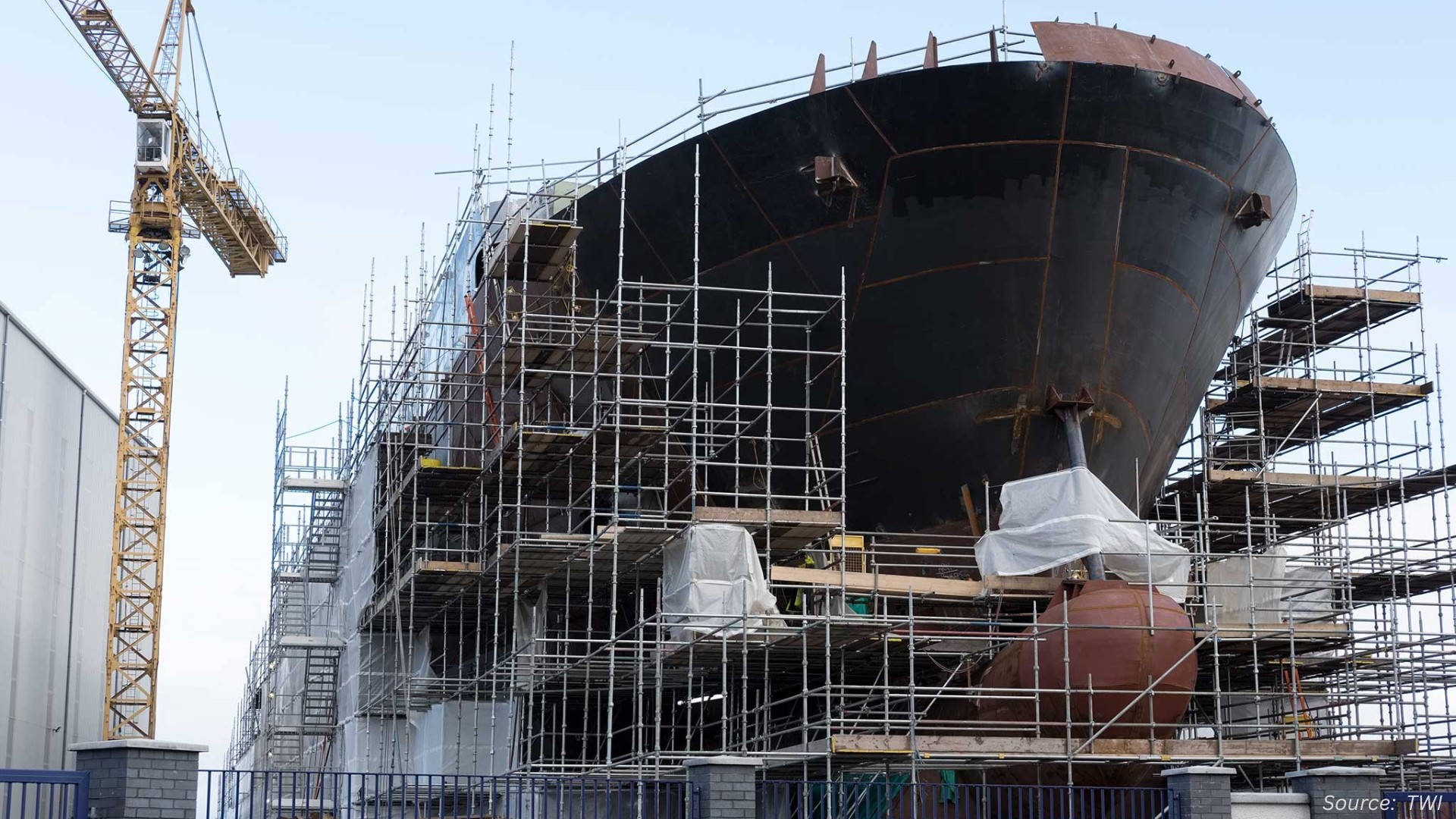Japan Military Ethernet Switches Market is Expected to Reach USD 17.08 Million by 2030
Published: 2025-01-25
The investments in the defense sector drives the Japan military ethernet switches market during the forecast period.
The Japan Military Ethernet Switches Market size was valued at USD 6.37 million in 2023, and is predicted to reach USD 17.08 million by 2030, at a CAGR of 13.7% from 2024 to 2030, according to the new research by Next Move Strategy Consulting.
The expansion of the military ethernet switches market in Japan is significantly driven by the country's substantial investment in its defense sector. Japan's focus on enhancing military capabilities and modernizing infrastructure amplifies the demand for advanced communication systems within its armed forces.
Military ethernet switches are crucial for ensuring efficient and secure data transmission across the military network, facilitating seamless communication among various units and personnel. Increased defense allocations heighten the demand for advanced networking solutions to meet the evolving communication needs of the armed forces.
Moreover, the surge in arms exports from Japan serves as a key driver for the growth of the military ethernet switches market. As Japan boosts its defense capabilities through international export ventures, the demand for advanced communication systems, such as tactical ethernet switches, grows to ensure interoperability with allied forces.
In 2022, Japan's arms exports reached approximately USD 13 million. This focus on arms exports stimulates the demand for military ethernet switches as essential components of comprehensive communication systems necessary for effective collaboration with allied forces.
With the country’s continued pursuit of its arms export initiatives, the Japan military ethernet switches market is poised for sustained growth, driven by the increasing demand for advanced communication solutions in the global defense landscape. However, the high costs associated with the development and deployment of military ethernet switches constrain the market growth by limiting budgets available for procurement and modernization of communication infrastructure.
These specialized devices require extensive research and development to meet stringent military standards for durability, security, and performance, leading to elevated production expenses. Additionally, the costs of rigorous testing, certification, and integration with existing systems further exacerbate the financial burden. Consequently, defense agencies and organizations often prioritize other critical needs over upgrading their communication networks, hindering the Japan military ethernet switches market expansion and adoption in the region.
On the other hand, the increasing integration of advanced technologies such as Artificial Intelligence (AI), Machine Learning (ML), and the Internet of Things (IoT) in military applications is expected to create opportunities in the Japan military ethernet switches market growth. With AI and ML driving advancements in autonomous systems, threat detection, and decision-making processes, the need for high-speed, low-latency networking solutions becomes paramount.
IoT integration will expand the scope by connecting numerous sensors and devices, necessitating advanced ethernet switches to manage the increased data load and ensure interoperability. These technological advancements will collectively bolster the demand for sophisticated military ethernet switches capable of supporting complex, data-intensive operations, enriching future growth opportunities.
Request for a Sample PDF on the Japan Military Ethernet Switches Market
Several market players functioning in Japan military ethernet switches industry include Siemens AG, Cisco Systems, Inc., Microsemi, Curtiss-Wrights, Extreme Networks Inc, Amphenol Corporation, Moog Inc., Aeronix, Inc, Ontime Networks, Llc, Enercon Technologies (Techaya), and others.
Key Insights from the Japan Military ethernet Switches Market Report:
-
The information related to key drivers, restraints, and opportunities and their impact on the Japan military ethernet switches market is provided in the report.
-
The value chain analysis in the market study provides a clear picture of the roles of each stakeholder.
-
The market share of the key players in the Japan military ethernet switches industry is provided in the report, along with their competitive analysis.
















Add Comment